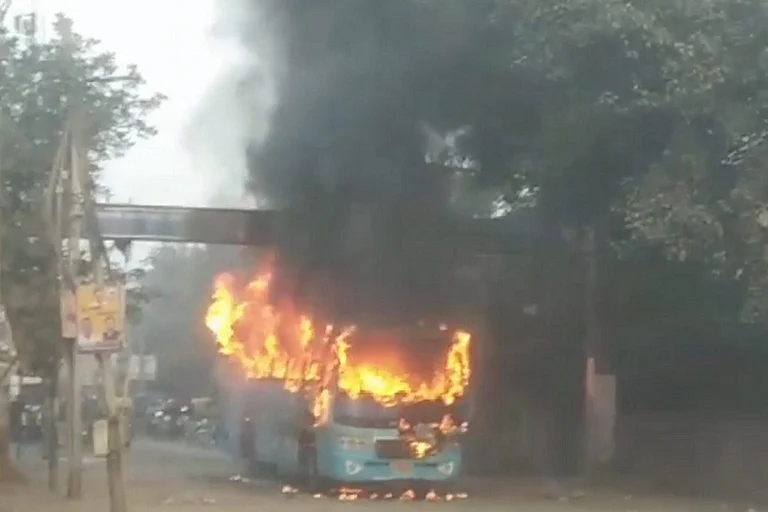TILL recently, the only way to get rid of an enlarged prostate gland was through surgery. Now, doctors worldwide are using a partially non-invasive technique called TUNA (Trans-Urethral Needle Ablation) to delete the offending flaba procedure which is also being gradually introduced in India.
The walnut-sized prostate gland, which surrounds the neck of the urinary bladder and urethra and secretes a liquid constituent of the semen, grows in size with age, narrowing the urinary corridor. This usually leads to incontinence and associated problems, necessitating a painful operation. On an average, about 25 per cent of the male population suffer from an enlarged prostate, of which 10-15 per cent require surgery.
Originally intended to cure certain heart ailments, the TUNA techniques California-based inventors, VIDAMED Inc, gave free demonstrations of the breakthrough at the Kolmet and Apollo hospitals in Delhi recently. Says Arvind Sharma, a urologist from the US who performed the operations: "This is just to demonstrate how easy and effective the TUNA treatment is. We hope that these free demonstrations will encourage potential patients to go for this wonderful technique." The operation couldnt have been simpler. A 24 cm long catheter with a diameter of 7 mm is slipped into the penis till it touches the prostate gland. With the help of a telescopic lens, the surgeon manoeuvres the two antennae at the end of the tube in such a way that they touch the two hemispheres of the gland. Then, radio waves of about 460 kHz are unleashed from a generator into the catheter to heat up the targeted portion to 100 degrees Celsius. This brings down the swelling in the prostate gland, clearing the urinary corridor. Explains Deborah Bell of VIDAMED: "The target is the nerves in the extra fat accumulated in the gland that send confusing signals to the urinary bladder about whether its full or not. The more the nerves, the more perplexing the message for the bladderand the patient who suffers from incontinence. The heat quietens the nerves, which helps to decrease the glands size. What follows is a chain reaction that results in enlarging the urinary corridor, easing bowel movements considerably."
The operation, which takes a little over half an hour, is painless. Whats more, there is no bleeding, very little chance of infection and hence no antibiotics. In open prostate surgery, the patient is bedridden for at least two months before he can lead a normal existence. The blood transfusion and the open surgery often lead to infection. The expense is also high, costing anything between Rs 15,000 and Rs 25,000. And sometimes, the patient continues to suffer from incontinence even after the operationimpotence cannot be ruled out too.
An added advantage of the TUNA technique is the probable increase in the sperm count which could solve problems of infertility. Though there is little data availablethe TUNA procedure was invented in the US only in 1993Bell claims that the trials have shown an increase in the patients sperm count. "The results so far have been extremely encouraging all over the world. And we hope more countries will accept it soon. We are running trials for treating prostatitis in younger males with the help of the TUNA technique. Eventually, we want to tackle prostate cancer too," she says. What the TUNA experts need to concentrate on, however, is the expense factor. Though there are no hospitalisation charges, the treatment comes at almost the same price as open prostate surgery. The instrument alone costs $800 and can be used only once. But Sharma says the total cost is bound to go down if more patients opt for it. "I need to to do about four-five operations in a week to recover costs," he adds. In India, the TUNA technique has been introduced at four centresSanghi, Nadiad, Pune and Mumbai. Delhi is the only centre in the northern region to opt for the technique.
The medical fraternity is sceptical about the TUNA procedures long-term benefits. But now that the US Food and Drug Administration has cleared the use of the technique, VIDAMED is relieved, hoping that the patients too will get rid of their prostate problemspainlessly.


























